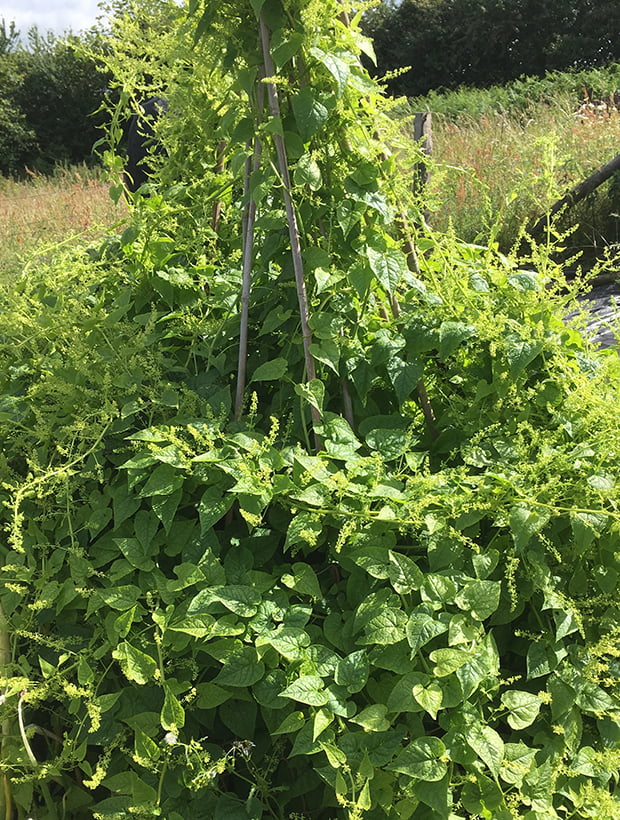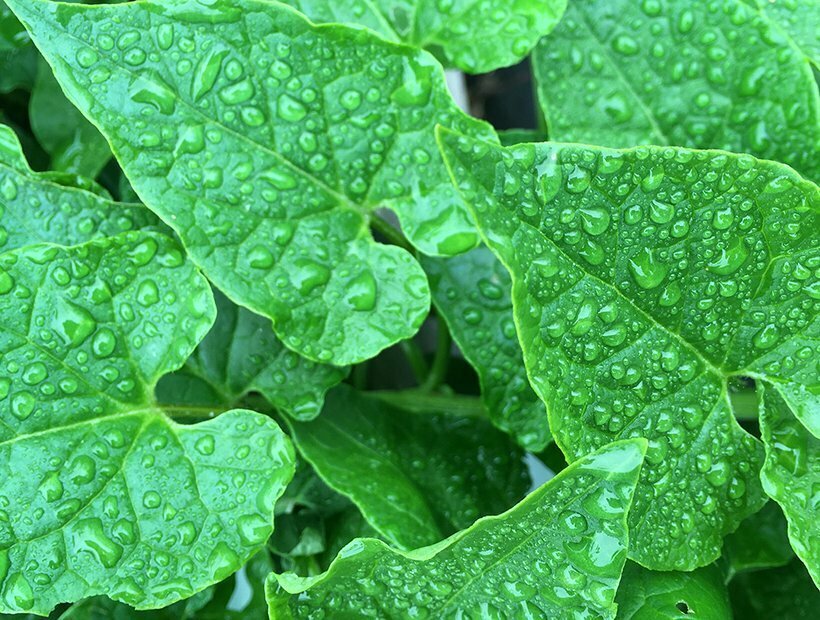Hablitzia tamnoides – Caucasian spinach dormant plant
£6.99
SUPPLIED AS A PLANT IN A 1L POT
A perennial alternative to annual spinach, a long lived, hardy herbaceous perennial climber, that produces an early harvest of edible shoots, followed by delicious heart shaped spinach like leaves on vines. Needs semi shade and damp soil.
Awaiting Re-stock
We can email you when it's back ...
Description
Hablitzia tamnoides – Caucasian spinach – a long lived, hardy herbaceous perennial climber, that produces an early harvest of edible shoots, followed by delicious heart shaped spinach like leaves on vines. Grows well in a semi shady spot and needs climbing support. An absolute essential plant for the perennial vegetable garden and an excellent hungry gap crop. As the plants mature, the crown of shoots gets bigger each year and vines become more numerous and vigorous. Price is for a plant in 1L pot ready to plant out. These were sown in autumn 2020, and as herbaceous perennials, they are coming out of dormancy and just starting to show their first shoots. They will begin to produce leaves and vines in early spring. Please follow the planting advice in the main description.
About
Hablitzia tamnoides (Caucasian spinach) is the sole species in the genus Hablitzia, is a long-lived herbaceous perennial climber native to the Caucasus region. Grown traditionally as an ornamental, it has become well known over recent years thanks to Stephen Barstow and his book ‘Around the World in 80 Plants’. It is a remarkable plant that produces heart shaped tender spinach like leaves on a vine. Hablitzia is now being grown commercially in Maine, USA particularly valuable due to the early spring harvest.
How to grow
Hablitzia prefers a semi-shaded spot to thrive and its roots like to be kept moist. Climbing support of some kind will help the vines grow more vigorously, a trellis or netting will work well. They prefer a good, rich, loamy soil and seem to have a preference for neutral or alkaline soil conditions. Although they can take about three years to establish, Hablitzia plants can go on to produce for decades. They grow rapidly from a crown of shoots emerging early in the year to more than 3m by summer. Around July, they produce very attractive small star shaped flowers which eventually turn into a mass of shiny black seeds. The foliage dies back and leaves a crown of baby shoots that produce the next years growth. The plants are hardy down to about -20c or more.
Harvesting and eating
Young leaves can be eaten raw as a salad crop and larger more mature leaves can be cooked and wilted. The early shoots have a beautiful magenta colour and can be harvested like an asparagus spear. Vine tips and emerging flowers can also be eaten raw or cooked giving many options over the growing season. The main harvest period is from around February to June, followed by flowering and then dormancy in autumn. Hablitzia is now being grown commercially in Maine, USA particularly valuable due to the early spring harvest.
Once established you can eat the late winter/ early spring shoots, snipping off some to eat and leaving the rest to grow. Once the plants starts climbing you can pick an abundance of leaves and use in salads or as a replacement for standard spinach in any dish.
You might also like ...
-

 Awaiting Re-stock
Awaiting Re-stockJerusalem Artichoke ‘Dwarf Sunray’ 1 tuber – pre order for delivery by end of April
£2.95 -
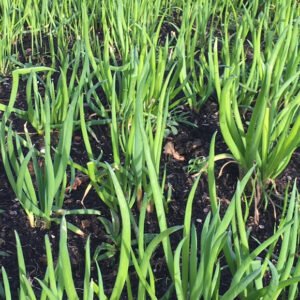
 Awaiting Re-stock
Awaiting Re-stockWelsh onion – Allium fistulosum potted plant
£6.99 -
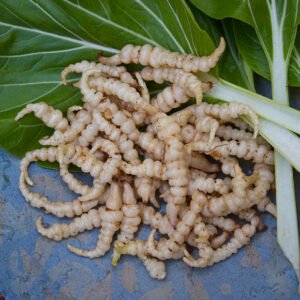
 Awaiting Re-stock
Awaiting Re-stockChinese Artichoke (Stachys affinis) – pack of 5 seed tubers
£5.99 -
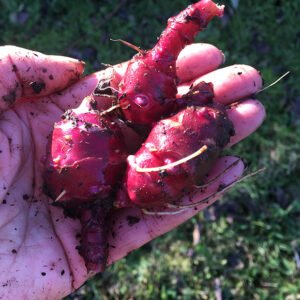
 Awaiting Re-stock
Awaiting Re-stockJerusalem Artichoke ‘Dwarf’ 1 tuber – pre order for delivery by end of April
£2.95
